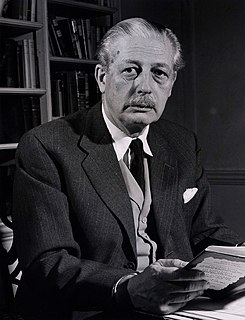A Quote by P. D. James
Death ... obliterates family resemblance as it does personality: there is no affinity between the living and the dead.
Quote Topics
Related Quotes
Whatsoever causes no annoyance when it is present, causes only a groundless pain in the expectation. Death, therefore, the most awful of evils, is nothing to us, seeing that, when we are, death is not come, and, when death is come, we are not. It is nothing, then, either to the living or to the dead, for with the living it is not and the dead exist no longer.
Yet soil is miraculous. It is where the dead are brought back to life. Here, in the thin earthy boundary between inanimate rock and the planet's green carpet, lifeless minerals are weathered from stones or decomposed from organic debris. Plants and microscopic animals eat these dead particles and recast them as living matter. In the soil, matter recrosses the boundary between living and dead; and, as we have seen, boundaries-edges-are where the most interesting and important events occur.
It is odd to think that there is a word for something which, strictly speaking, does not exist, namely, "rest." We distinguish between living and dead matter; between moving bodies and bodies at rest. This is a primitive point of view. What seems dead, a stone or the proverbial "door-nail," say, is actually forever in motion. We have merely become accustomed to judge by outward appearances; by the deceptive impressions we get through our senses.
Science regards man as an aggregation of atoms temporarily united by a mysterious force called the life-principle. To the materialist the only difference between a living and a dead body is, that in the one case that force is active, in the other latent. When it is extinct or entirely latent, the molecules obey a superior attraction, which draws them asunder and scatters them through space. This dispersion must be death, if it is possible to conceive such a thing as death where the very molecules of the dead body manifest an intense vital energy.






































